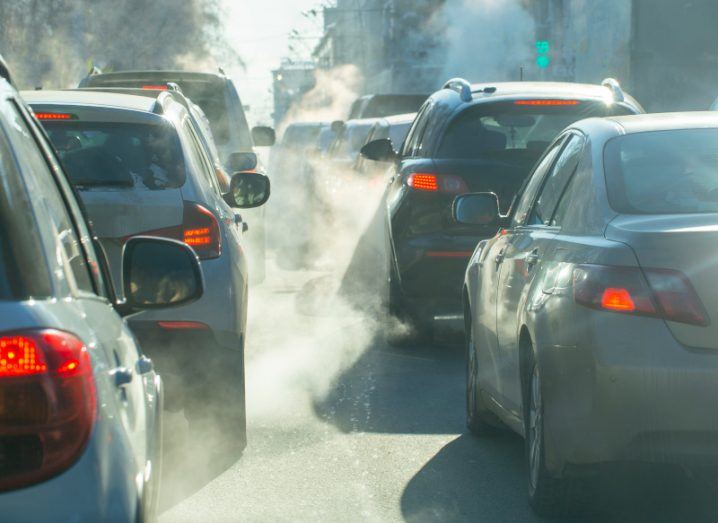Irish Air Quality Failure

The Environmental Protection Agency has published its ‘Air Quality in Ireland Report 2022’. This report provides an analysis of the air we breathe, offering insights into pollutants, pollution sources and their potential impacts on human health and the environment.
The EPA, in partnership with local authorities, public/semi-state bodies and universities, has established the national air monitoring network. This network provides real-time air quality monitoring data and offers public health advice for people in the affected areas. The monitoring network and public health advice network can be viewed at https://airquality.ie/.
The monitoring results for 2022 show that Ireland did not exceed any of the EU legal limit values as set out in the CAFE Directive for pollutants such as PM10, PM2.5, NO2, Ozone (O3), Sulphur Dioxide (SO2), Polycyclic Aromatic Hydrocarbons (PAHs), Heavy metals and all other pollutants.
The World Health Organisation (WHO) published the updated Air Quality Guidelines (AQGs) for health in September 2021. These guidelines include the development of Interim Targets (ITs) based on the impact of pollutants on human health. While the guidelines are not legally binding criteria, they are designed to offer guidance for the reduction of human health impacts of air pollution based on expert evaluation of current scientific evidence from multiple countries, making them relevant to a diverse range of conditions around the world. In September 2023, the EU Parliament voted to adopt the 2021 WHO guidelines by 2035. The EPA has stated in its report that the WHO AQGs will be difficult for Ireland to meet, with the country failing to meet the guidelines in 2022.
The air monitoring results recorded at EPA stations across Ireland in 2022 showed that fine particulate matter from home heating and NO2 generated from vehicle traffic are the main threats to good air quality in Ireland. Pollution caused by the use of solid fuels in homes such as coal, peat and wood are often associated with cold, still weather likely to occur from late autumn to early spring. The monitoring data has shown that it was these times of the year that incidents of poor air quality occurred across Ireland in 2022.
The replacement of solid fuels with cleaner, renewable alternatives to heat homes and the reduction in the use of private cars are actions that will contribute towards achieving compliance with the WHO guidelines according to the EPA. This will require an increase in air enforcement activities by local authorities and the implementation of new solid fuel regulations. Further investment in public transport infrastructure will be required as well as the provision of safe footpaths and cycle lanes to promote active travel as a viable and safe alternative to the use of private cars.
The EPA’s Air Quality in Ireland 2022 report can be found here.
April 2024
